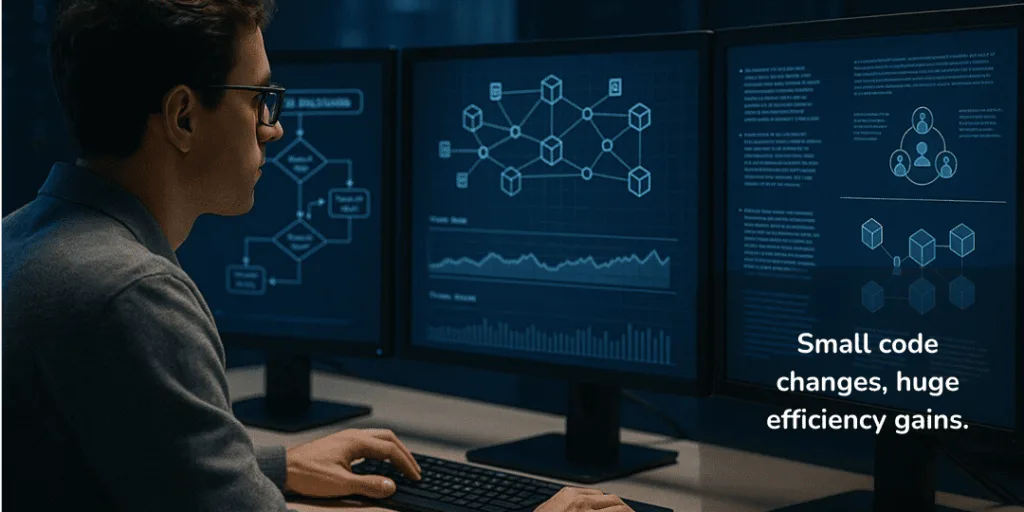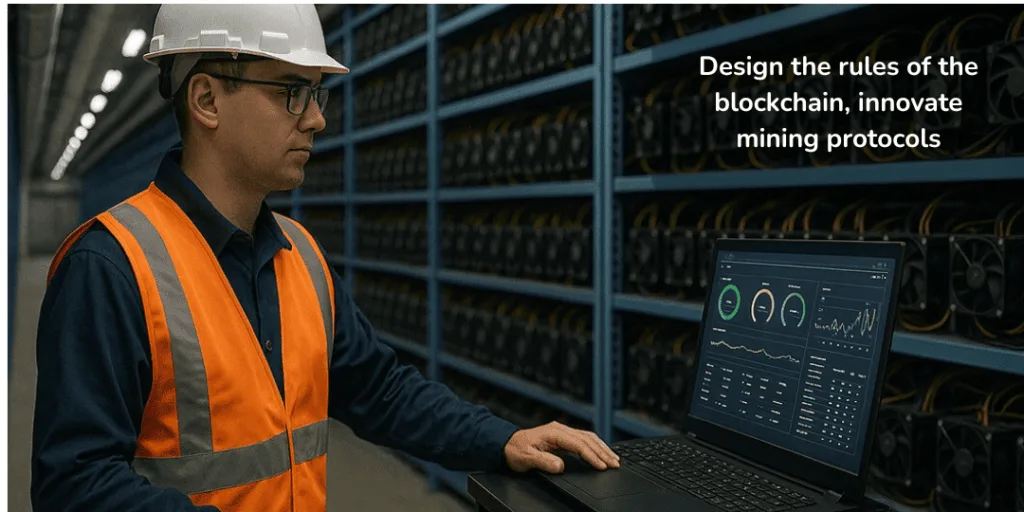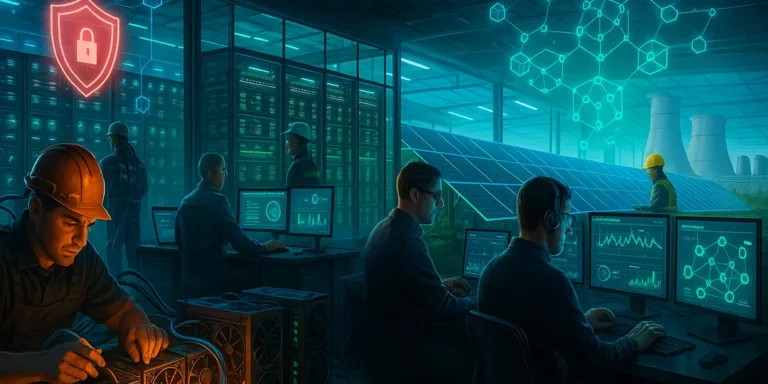Crypto mining isn’t just a matter of plugging in hardware and letting it run. Behind successful mining operations are professionals who maintain rigs, optimize their performance, make mining viable, and secure networks. From the technicians who fix hardware to the researchers who develop new mining algorithms, these roles show just how far and varied the mining industry has come. Below are some of the most popular crypto mining careers to pursue.
1. Mining technician

They are the backbone of mining farms. Mining technicians install, operate, and maintain ASIC and GPU rigs. They handle troubleshooting, swapping out faulty parts, and keeping machines online to maximize uptime. Without them, the rigs stop hashing, meaning lost revenue for the operation.
2. Data center operator

These employees work in industrial-scale facilities housing thousands of miners. Responsibilities include monitoring racks, checking temperature and airflow, and ensuring the infrastructure (power, internet, cooling) stays stable. Data centers are the modern mines — one malfunction can cause huge financial losses.
3. Mining software developer

Mining software developers creates or improves mining software clients, firmware, and performance optimization tools. They work on algorithms, overclocking settings, or pool integration. Even small code optimizations can result in big gains in hash rate or energy efficiency.
4. Crypto mining analyst

They research and evaluates mining profitability across different blockchains. Analysts track electricity costs, hash rates, token prices, and write reports or guide investment decisions.
Why it matters: Helps companies and investors decide which coins to mine and where to set up operations.
5. Sustainable mining specialist

These specialists focus on integrating renewable energy, carbon offset strategies, and efficient cooling methods into mining. They bridge the gap between blockchain tech and green energy. With increasing scrutiny on Bitcoin’s environmental impact, this role is becoming critical for the industry’s future.
6. Blockchain mining security engineer

They ensure mining operations and infrastructure are secure from hacks, malware, or attacks on consensus protocols. They perform vulnerability assessments, implement firewalls, and monitor for suspicious activity. Security breaches can cost millions and compromise both miners’ and investors’ assets.
7. Mining algorithm researcher

Their role entails studying and developing new consensus algorithms or improves existing mining protocols to make them more efficient, secure, and fair. They experiment with proof-of-work, proof-of-stake, or hybrid models, often simulating large-scale mining operations before deployment. Instead of just “running rigs,” you’re literally shaping how the blockchain operates at a fundamental level. Your work can influence energy consumption, network security, and even who gets rewarded — basically designing the rules of the game.
There are still many more jobs in the crypto mining industry, all focusing on different parts. Choose your path wisely and mine away!












